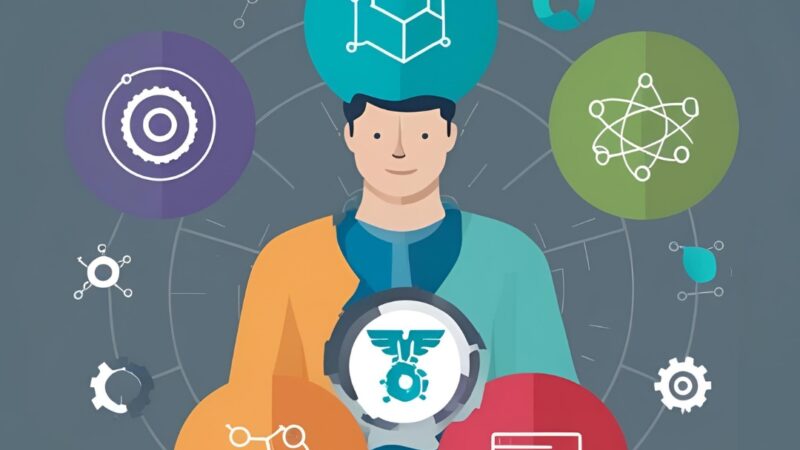Bright Beginnings: Early Education for Lifelong Success

Early childhood education is one of the most crucial building blocks of a child’s future. The early years of a child’s life, from birth to age five, are a period of rapid cognitive, social, and emotional development. Investing in quality early education programs lays the foundation for lifelong success, equipping children with the skills they need to thrive academically, socially, and emotionally. Research shows that children who receive a strong start in education are more likely to excel in school, secure better career opportunities, and contribute positively to society.
The Importance of Early Education
Early education is more than just learning letters, numbers, and colors. It encompasses the development of critical thinking, problem-solving, emotional intelligence, and social skills. During the first few years of life, a child’s brain undergoes significant growth, forming connections that impact their ability to learn and adapt. High-quality early education programs stimulate these cognitive pathways, ensuring that children develop foundational skills that benefit them throughout their lives.
Studies indicate that children who attend preschool are more prepared for primary education, displaying improved language skills, higher literacy rates, and better mathematical understanding. Furthermore, early education programs emphasize social interaction, teaching children how to communicate effectively, share, collaborate, and resolve conflicts. These skills are essential for personal and professional success later in life.
Long-Term Benefits of Early Education
Investing in early childhood education has long-term advantages that extend beyond academic achievements. Children who receive a solid early education are more likely to graduate from high school, pursue higher education, and attain stable employment. Research also suggests that early education reduces the likelihood of engaging in criminal activities and dependency on social welfare programs later in life.
Additionally, early education fosters a love for learning. When children are exposed to stimulating educational experiences at a young age, they develop curiosity and enthusiasm for acquiring knowledge. This positive attitude towards learning carries through their academic journey, making them more motivated and confident learners.
Role of Parents and Educators in Early Learning
While formal early education programs play a crucial role in a child’s development, parents and caregivers are equally important. Learning begins at home, and parents serve as a child’s first teachers. Encouraging reading, engaging in interactive play, and providing a nurturing environment contribute significantly to early learning.
Educators, on the other hand, must ensure that learning environments are inclusive, engaging, and developmentally appropriate. A well-structured early education program includes activities that promote creativity, communication, and problem-solving. Teachers should also focus on emotional development, helping children build resilience, self-confidence, and empathy.
The Impact of Quality Early Education Programs
Not all early education programs are created equal. High-quality programs are characterized by well-trained educators, small class sizes, and a curriculum that supports holistic development. Governments and communities must prioritize funding for early education initiatives, ensuring that every child, regardless of socio-economic background, has access to quality learning experiences.
Programs that emphasize play-based learning are particularly effective. Play is an essential component of early childhood education, allowing children to explore their surroundings, experiment with new ideas, and develop social connections. Through guided play, children learn problem-solving skills, enhance their creativity, and gain a deeper understanding of the world around them.
Challenges and the Need for Advocacy
Despite the proven benefits of early education, many children lack access to quality programs due to financial constraints, geographic limitations, or lack of awareness. Addressing these barriers requires a collective effort from policymakers, educators, and communities. Increased investment in early education, scholarship programs for underprivileged families, and awareness campaigns can help bridge the gap and ensure that every child receives the education they deserve.
Advocacy for early education is essential in shaping public policies that prioritize children’s developmental needs. Parents, educators, and community leaders must work together to promote the importance of early education and push for policies that support early learning initiatives.
Conclusion
Bright beginnings lead to brighter futures. Early childhood education is not just a stepping stone to primary school—it is a fundamental component of lifelong success. By fostering a love for learning, promoting social and emotional skills, and providing children with the tools they need to navigate life’s challenges, early education creates a strong foundation for future achievements. Investing in early education benefits individuals, families, and society as a whole. As we continue to advocate for better early learning opportunities, we ensure that every child, regardless of their background, has the chance to reach their full potential. Learn More





